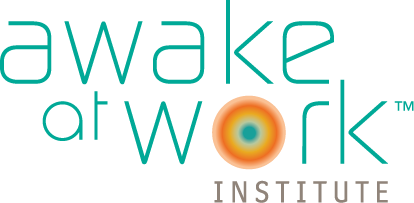Slowing Down: You’re Up Against an Addiction
Slowing down is the single most important factor for me in terms of being able to connect deeply to myself, other people, and the world around me. In other words, slow is my secret sauce.
I know slow is not the best way for everybody. But if it’s the best way for you, I want to help you see how tricky it can be to get there. No matter how much it makes sense and no matter how good it eventually feels, when we slow down there tends to be a period of time when it feels like shit.
For many people, speed is an addiction. At the physical level, moving fast engages the adrenaline system, which in turn fuels and perpetuates more speed. And at the mental level, it’s easy to get locked into a seeking mode that focuses ever forward into the future, driven by what seems to be lacking in the present and grasping for the latest shiny object that will finally grant us the happiness we yearn for. It’s not an overstatement it to say that we have a physiological and psychological addiction on our hands.
So when we begin—or return once again to—the practice of slowing down and letting go of our chronic busyness, we tend to experience withdrawal. With fewer of the continual distractions that pull our attention away from ourselves, we tend to feel restless, bored, anxious and disoriented. Deeper emotions that we’ve been avoiding like fear, grief, rage, or despair may come bubbling to the surface, calling out for some deeply needed attention and allowance.
We also quickly bump up against the cultural conditioning that many of us have been saturated with since childhood. This conditioning tells us that we’re lazy or unproductive or not valuable or doomed to be a “failure” if we don’t keep generating external achievement. This cultural voice wants us to get back in line, get back up to speed, fill up the empty spaces with something, with anything. It can feel like we’re going to go crazy or even die if we don’t get moving.
So if we value the profound benefits of slowing down, not just for an hour or two or on a weekend retreat now and then, but as a fundamental lifestyle choice, it can be helpful to have this framework of addiction and withdrawal. It can be helpful to know what we’re up against so that we don’t minimize what will likely be required of us: patience, tolerance for discomfort and disorientation, willingness to feel our feelings, a commitment to self-love, solid support from others, and an enduring desire to be free of culturally-conditioned behavior.
Ready to awaken your creative genius?
